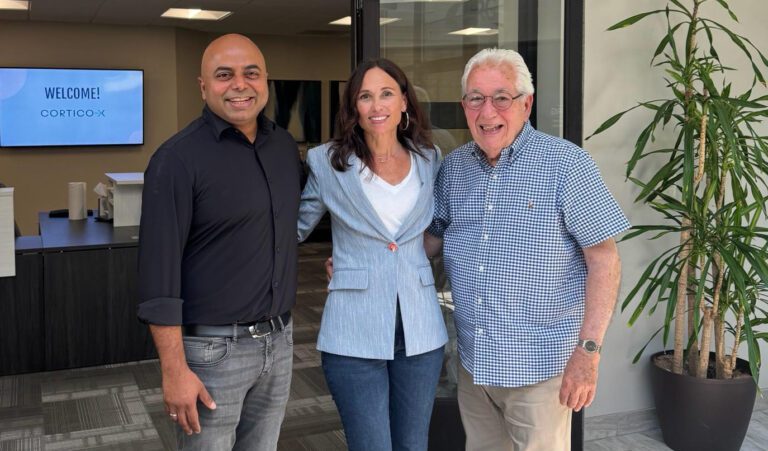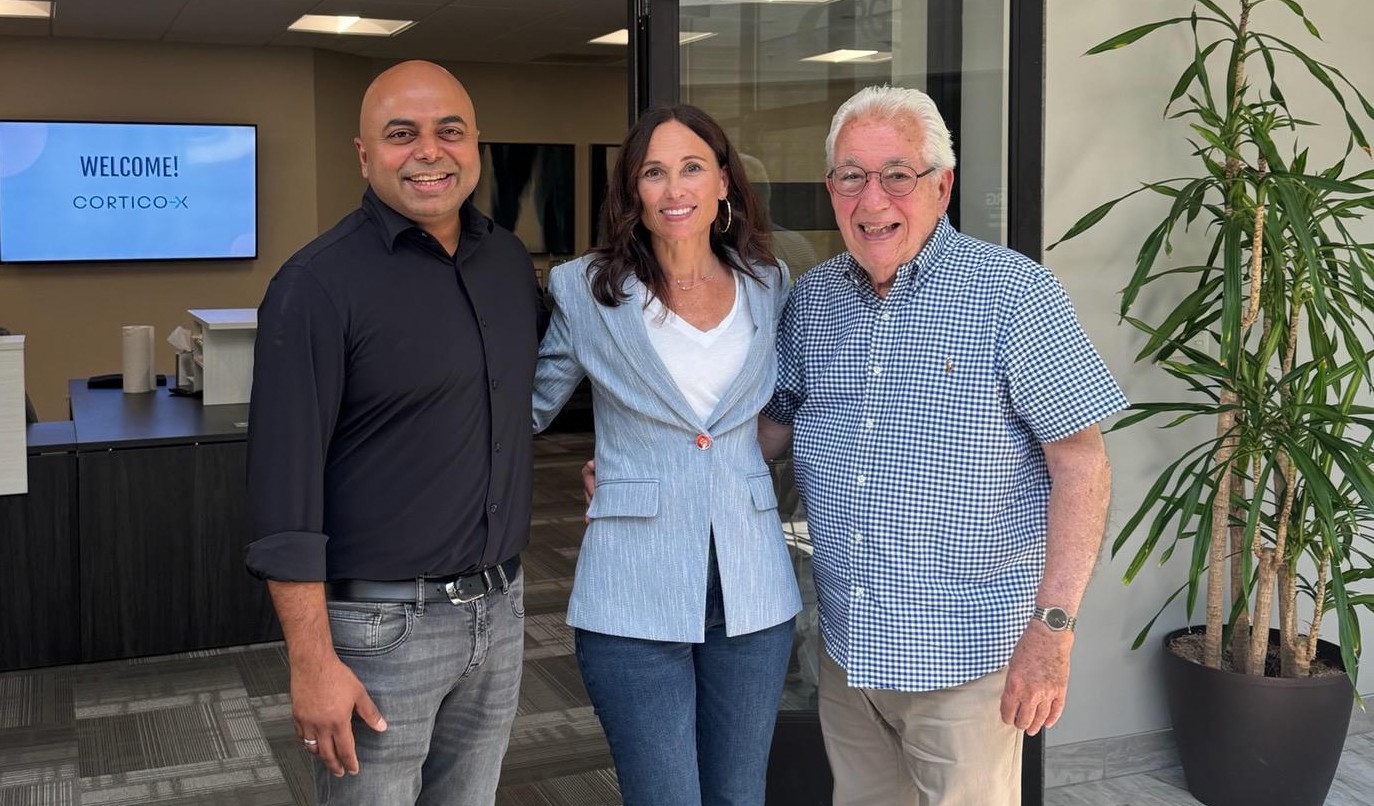“Quantum computing is like a helicopter. Classical computing is like a car. A helicopter can do a lot of things a car can’t do, but if you want to go get groceries, you’re not going to use a helicopter.”
– Constantin Gonciuela, CTO Advanced Technology, Wells Fargo
If you’ve kept up withWhere Are You on the Quantum Monitor Continuum this series, you’ve made it through the fundamentals, the mind-bending science, and the industries already seeing quantum’s early impact. So…What should you do about it?
As we see in the quote above, you won’t be facing a choice between switching to quantum computing or continuing with classic computing capabilities. You will, somewhere down the road, be doing both.
You don’t need to run out and buy a quantum computer, but you don’t want to sit back and wait. Quantum computing is in Monitor mode—but as we’ve seen with AI, things can go from futuristic to right-now …well, right now. The best way to avoid getting caught off guard is to start preparing today.
Follow the Money: Quantum Investment Trends
A simple rule in tech (and every murder mystery ever written): Follow the money- Venture capital in quantum doubled in 2024.
- Governments are investing heavily: U.S. quantum funding has topped $1B annually since 2022.
- Major players—IBM, Google, JPMorgan Chase, Airbus—are pouring in resources to stay ahead.
- A combination of corporate spend and 3rd party investment had increased ~33% per year in the last three years.
- Enterprise adoption will likely scale between 2027 and 2032, depending on breakthroughs in hardware and error correction.
- By 2025-2026, cloud-based quantum services will become more accessible, meaning businesses won’t need to own quantum hardware to experiment.
- By 2030, companies that haven’t built a quantum strategy could be playing catch-up in industries where competitive advantages emerge.
Where Are You on the Quantum Monitor Continuum?
Even if you’re not ready to experiment yet, you need to know where your organization stands. Ask yourself three questions:- How vulnerable is your industry? If you’re in finance, life sciences, material sciences or logistics, you’re closer to quantum disruption than others.
- Are your competitors already moving? If the answer is “yes,” you can’t afford to be passive.
- Do you have the talent and resources to engage? If not, building knowledge now is critical so you’re ready when the time comes.
Competitive Signals That Suggest Quantum Acceleration
One of the biggest mistakes companies made with AI has been waiting until their competitors were visibly ahead before paying attention. With quantum, there are specific warning signs that it’s time to move from Monitor to Explore:- Your competitors are hiring quantum talent.
- Major industry players are securing patents.
- Your biggest tech vendors are offering quantum services.
- Startups are securing large rounds of funding.
Immediate Action: Quantum Security Risks
Even if you do nothing else, take quantum security seriously. The “Steal Now, Decrypt Later” threat is real—hackers are stockpiling encrypted data today, knowing quantum decryption will eventually break it. Post-quantum cryptography isn’t just an IT problem—it’s a business risk that leaders need to address now. The most basic step you can and should take is to classify your high-value data. If quantum decryption were here tomorrow, what would be at risk?How to Prepare While Quantum is in Monitor Mode
Most businesses don’t need to use quantum today—but they do need to understand it.- Track developments. Assign someone to follow quantum breakthroughs, investments, and security risks.
- Educate core teams. Your C-suite, security, R&D, and strategy teams need to be aware of quantum’s trajectory.
- Build relationships. Quantum-first companies are emerging, and academic partnerships (like Cleveland Clinic’s) can give you early exposure.
The Takeaway
You don’t need to panic, but you do need to pay attention. Quantum will hit an inflection point. The companies that start planning now will be the ones leading when the time comes. At Cortico-X, we help businesses navigate disruptive tech like quantum computing—cutting through the noise to focus on what matters. Want to talk strategy? Let’s connect.
Rik Reppe
leads the Cortico-X Innovation Practice, where he oversees efforts to disrupt the status quo and drive transformative change by breaking traditional molds to envision and create the future.











